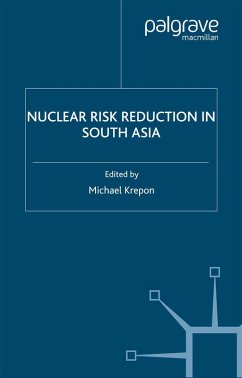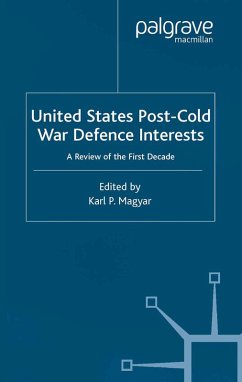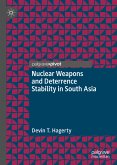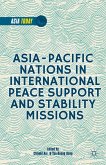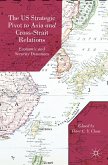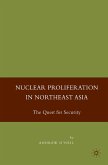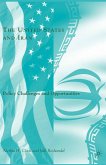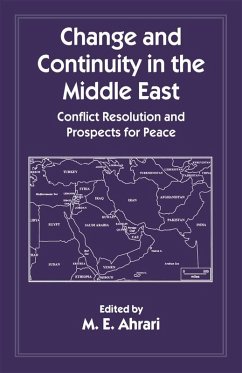The essys in this collection explore and analyze how to reduce the risk of nuclear war in South Asia. Contributors work to introduce the theory and methodology of nuclear risk reduction, to provide specific measures that might work best in the region, and to consider the consequences of missile defense options for stability in Asia. Much work is needed to recduce nuclear dangers between India and Pakistan. While the fact that both countries possess nuclear weapons may prevent a full-blown conventional or nuclear war, the presence of these weapons in the region may also encourage the use of violence at lower levels expecting escalation to be contained by a mutual desire to avoid the nuclear threshold. One only needs to look at the Kashmir conflict for confirmation of this paradox, with serious crises coming more frequently with more severity since the nuclear tests of 1998. Sustained efforts along the line suggested by the contributors of this volume are a crucial step toward reducing nuclear risk on the Subcontinent.
Dieser Download kann aus rechtlichen Gründen nur mit Rechnungsadresse in A, B, BG, CY, CZ, D, DK, EW, E, FIN, F, GR, HR, H, IRL, I, LT, L, LR, M, NL, PL, P, R, S, SLO, SK ausgeliefert werden.

